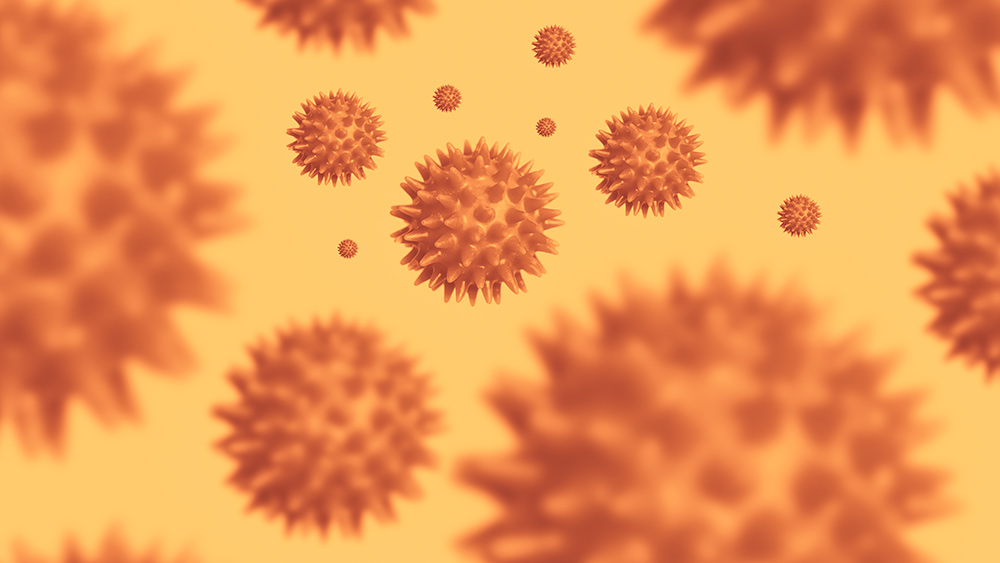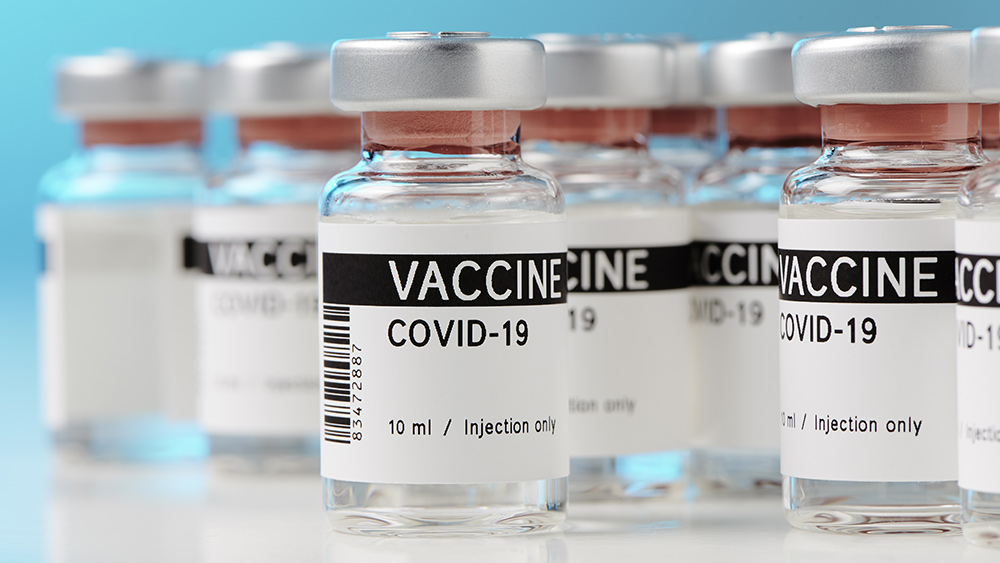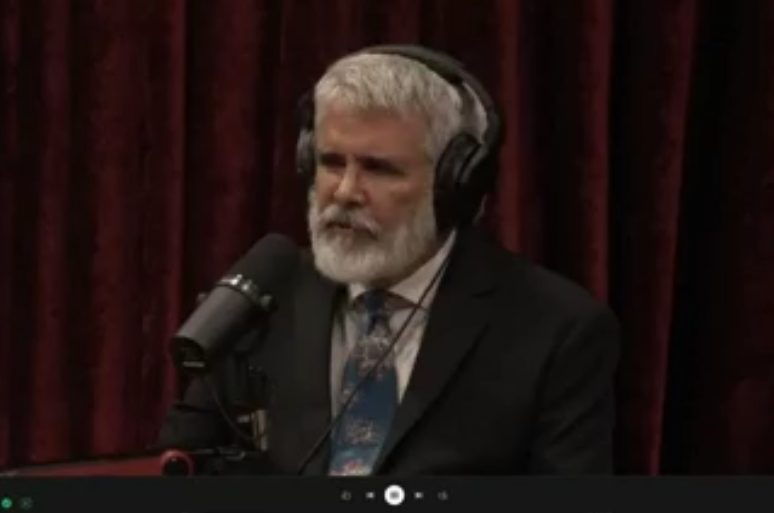WHO: Omicron variant could spell end of pandemic in Europe
01/25/2022 / By Ramon Tomey

The World Health Organization (WHO) said the B11529 omicron variant could spell the end of the Wuhan coronavirus (COVID-19) pandemic in Europe. However, it warned against complacency as other variants could possibly emerge.
WHO Regional Director for Europe Dr. Hans Kluge told Agence France-Presse (AFP) in a Jan. 23 interview: “It’s plausible that the region is moving toward a kind of pandemic endgame.” However, he projected that once the current COVID-19 surge in Europe driven by omicron subsides, “there will be, for quite some weeks and months, a global immunity either thanks to the vaccine or because people have immunity due to the infection, and also lowering seasonality.”
Studies have shown that while the omicron variant first discovered in South Africa is more infectious, it causes less severe sickness. This has provided a breath of relief with regard to COVID-19 – as the pandemic could shift to a more manageable endemic illness similar to influenza. According to Kluge, it could infect 60 percent of Europe’s population by March 2022.
“We anticipate that there will be a period of quiet before COVID-19 may come back toward the end of the year, but not necessarily the pandemic coming back,” Kluge continued.
However, the WHO director for Europe warned that it’s too early to consider COVID-19 as endemic. “There is a lot of talk about endemic, but endemic means that it is possible to predict what’s going to happen. The virus has surprised [us] more than once, so we have to be very careful,” Kluge told AFP.
The WHO’s Africa office shared the same sentiment, pointing out that COVID-19 cases in the region were on a downtrend and deaths caused by the disease were declining. In a statement, it said that South Africa had seen COVID-19 infections dwindle over the past four weeks. (Related: South African health workers: Symptoms associated with omicron are very mild.)
Despite this, WHO Regional Director for Africa Matshidiso Moeti issued a warning that the continent “has yet to turn the tables on this pandemic.” She continued: “So long as the virus continues to circulate, further pandemic waves are inevitable.”
Boosters not the best option against omicron
Kluge gave a cautious response when asked about the need for COVID-19 vaccine boosters to end the pandemic.
The WHO Europe director reiterated that instead of stopping transmission, “minimizing disruption of hospital, schools and the economy” and “putting huge efforts on protecting the vulnerable” should be the utmost priorities. He also exhorted people to exercise personal responsibility. “If you don’t feel well, stay home [and] take a self-test. If you’re positive, isolate,” Kluge said during his interview with AFP.
According to the European Center for Disease Prevention and Control, omicron is now the dominant variant in the European Union. It has also become the dominant strain in the expanded European Economic Area – which includes all the EU member countries and non-EU member states Norway, Iceland and Liechtenstein.
Marco Cavaleri of the European Medicines Agency (EMA) also shared Kluge’s opinion that omicron could bring about the end of the COVID-19 pandemic and turn it into an endemic disease. “With the increase of immunity in [the] population, there will be a lot of natural immunity taking place on top of vaccination. We will be fast moving toward a scenario that will be closer to endemicity,” he said.
Thus, the EMA official warned that frequent injection of COVID-19 boosters may not be the best option to address omicron. Cavaleri explained: “While use of additional boosters can be part of contingency plans, repeated vaccinations within short intervals would not represent a sustainable long-term strategy.”
According to Cavaleri, the omicron variant’s ability to bypass vaccine-induced immunity meant that more people would have breakthrough infections.
More related articles:
AstraZeneca vaccine creator says continual Covid vaccine booster shots are UNSUSTAINABLE
European Medicines Agency advises against frequent COVID boosters, warns of risks
WHO warns against boosters, says strategy “not viable” for new variants
Watch the video below of WHO Chief Scientist Dr. Soumya Swaminathan saying there is no evidence children and teenagers need COVID-19 boosters.
This video is from the High Hopes channel on Brighteon.com.
Infections.news has the latest news about the omicron variant.
Sources include:
Tagged Under: Big Pharma, boosters, covid-19, EMA, endemic disease, Europe, Hans Kluge, immune system, infections, Marco Cavaleri, natural immunity, omicron, outbreak, pandemic, pharmaceutical fraud, vaccines, WHO
RECENT NEWS & ARTICLES
COPYRIGHT © 2017 BIG PHARMA NEWS




















